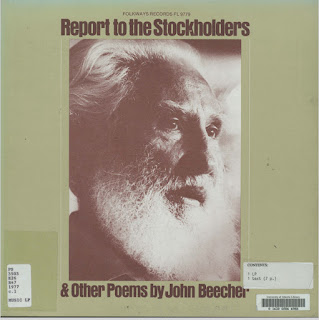Aurelia Plath is called a “manipulative, controlling mother.” I wanted to identify what Aurelia manipulated and controlled.
I mean what Aurelia said or did hoping to alter her daughter Sylvia’s choices and behavior to match Aurelia’s own desires, and succeeding in altering them.
Sylvia was not easily manipulated or controlled. She resisted Aurelia’s “suggestions” to
- learn shorthand
- make a “secure” marriage
- maintain chastity
rest
Aurelia Plath in 1971 - continue teaching at Smith College
- learn stenotyping to support a jobless mate
- have Frieda treated medically so she would not grow “too” tall
- write about “decent courageous people”
- move with her children back to the United States.
About the larger things, at life’s turning points, Sylvia made her own choices.
Aurelia did try. She urged her young daughter to write cursive and practice the piano and inscribed her gift of a new diary with "Not to be written in after 8 p.m." College-aged Sylvia when depressed volunteered in a hospital as her mother advised. That soon ended. On record is one parental threat from June 1954, when Sylvia told her psychiatrist Dr. Beuscher that her mother said something like, “If you have sexual affairs I will stop funding your schooling.” This was an empty threat, because Sylvia did as she liked that summer and her mother continued to pay.
Adult Sylvia typically did the opposite of what her mother wanted. You've "heard" that while visiting in 1962, during the week of July 9, Aurelia urged Sylvia to throw her
husband Ted out of the house, but the fact is that while he was in London, Sylvia ordered her houseguest Aurelia to move out by Friday when Ted was returning for the weekend. Unable to find a hotel room, Aurelia moved in with Winifred Davies. (Aurelia
portrayed the move as her own idea, but it wasn’t.) Ted left for good on 11 October 1962, Sylvia ejecting him on the advice not of
her mother but of Dr. Beuscher, whom she trusted more. “I keep your letters
like the Bible,” Sylvia wrote Beuscher, and actually carried those letters around. Rather than taking pleasure in the breakup, Aurelia pleaded with Sylvia not
to leave her children without a father.
"Feeling" manipulated into overachievement, or that her mother demanded
of her happy letters and “dividends of joy” – well, Sylvia could have quit or modified her achieving and letter writing at any time. She didn't.
Sylvia noticed her mother’s passive-aggressive smiling
through pain, calling anger “hurt,” wearing dowdy secondhand clothes to advertise her
sacrifices, quoting books and sayings instead of speaking her mind, worrying, identifying
too closely with her. But as attempts to control or manipulate Sylvia, these
all failed.
We do not see here gaslighting, deception, stalking, monitoring, abuse, coercion, trickery, isolating, stonewalling and other tactics controllers and manipulators use.








